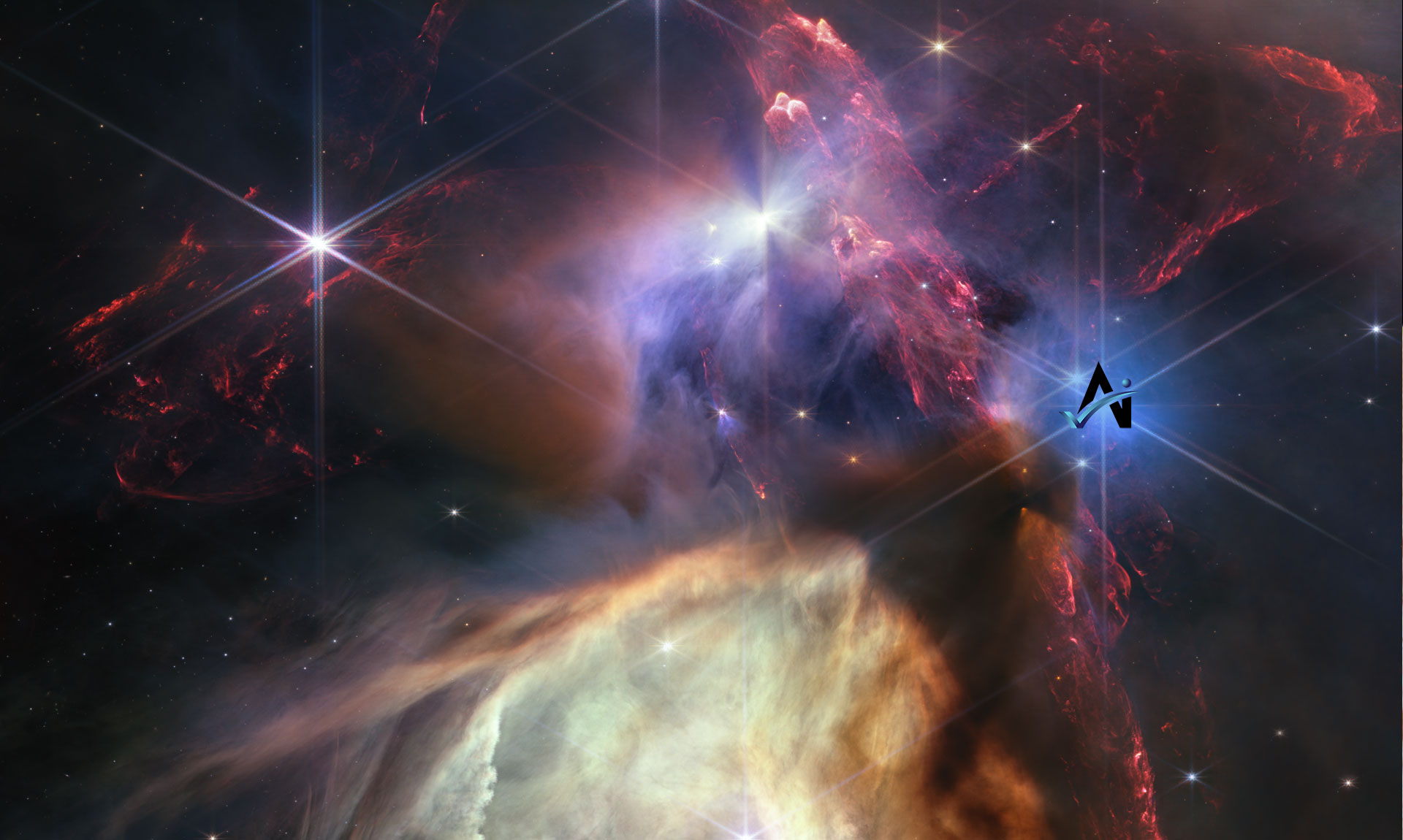The AI Cosmic Imperative
Space exploration has captivated the human imagination for centuries, pushing the boundaries of our understanding of the universe. As we venture deeper into the cosmos, the role of Artificial Intelligence (AI) has become increasingly vital.
Unprecedented Data Complexity
Space missions generate vast amounts of data from various sources such as satellites, rovers, telescopes, and spacecraft. AI excels in processing and analyzing this data quickly and accurately. It can identify patterns, anomalies, and valuable insights that might be missed by human operators.
Autonomous Navigation
In the vast expanse of space, communication delays make real-time human control impossible. AI-powered autonomous navigation enables spacecraft to make critical decisions, adjust trajectories, and avoid obstacles independently. This autonomy is crucial for the success of deep-space missions.
Mission Planning and Optimization
AI algorithms are excellent at optimizing mission planning. They can consider numerous variables, including fuel consumption, gravitational assists, and celestial body positions, to create more efficient and cost-effective mission trajectories.
Space Robotics
Robots and autonomous systems are essential for exploring distant planets and celestial bodies. AI-driven rovers, drones, and landers can perform complex tasks such as sample collection, terrain mapping, and equipment maintenance, extending the reach of human exploration.
Remote Sensing and Exploration
AI-enhanced instruments and sensors on spacecraft can interpret data in real-time. This enables the identification of interesting features, potential landing sites, and scientific targets during a mission, increasing the efficiency of exploration.
Space Telescopes and Astronomy
AI plays a pivotal role in space telescopes and observatories. It enhances the accuracy of data collection and can adjust telescope settings based on atmospheric conditions, improving our understanding of distant galaxies, exoplanets, and cosmic phenomena.
Hazard Detection and Response
Space exploration is fraught with potential hazards, such as micrometeoroid impacts or equipment malfunctions. AI can detect and respond to these threats swiftly, protecting both spacecraft and astronauts during missions.
Space Habitats and Life Support
AI is essential for managing life support systems on space habitats, ensuring the safety and well-being of astronauts. These systems monitor air quality, temperature, and other vital parameters and can respond to emergencies autonomously.
Machine Learning for Scientific Discovery
AI-driven machine learning models can analyze astronomical data to make significant scientific discoveries. They have identified new exoplanets, analyzed cosmic phenomena, and even contributed to the understanding of dark matter.
Enhanced Safety
Space exploration is inherently risky, and AI contributes to astronaut safety. It can monitor health data, predict equipment failures, and assist in emergency procedures, reducing the risks associated with long-duration missions.
The need for AI in space exploration is clear, as it enhances the efficiency, safety, and scientific output of missions. As we embark on more ambitious endeavors, from lunar bases to crewed missions to Mars and beyond, AI will continue to play a pivotal role in unlocking the mysteries of the cosmos and ensuring the success of humankind’s quest to explore the final frontier. The synergy between AI and space exploration promises a brighter future for scientific discovery and human spaceflight.
latest video
Get Our Newsletter
Never miss an insight!






